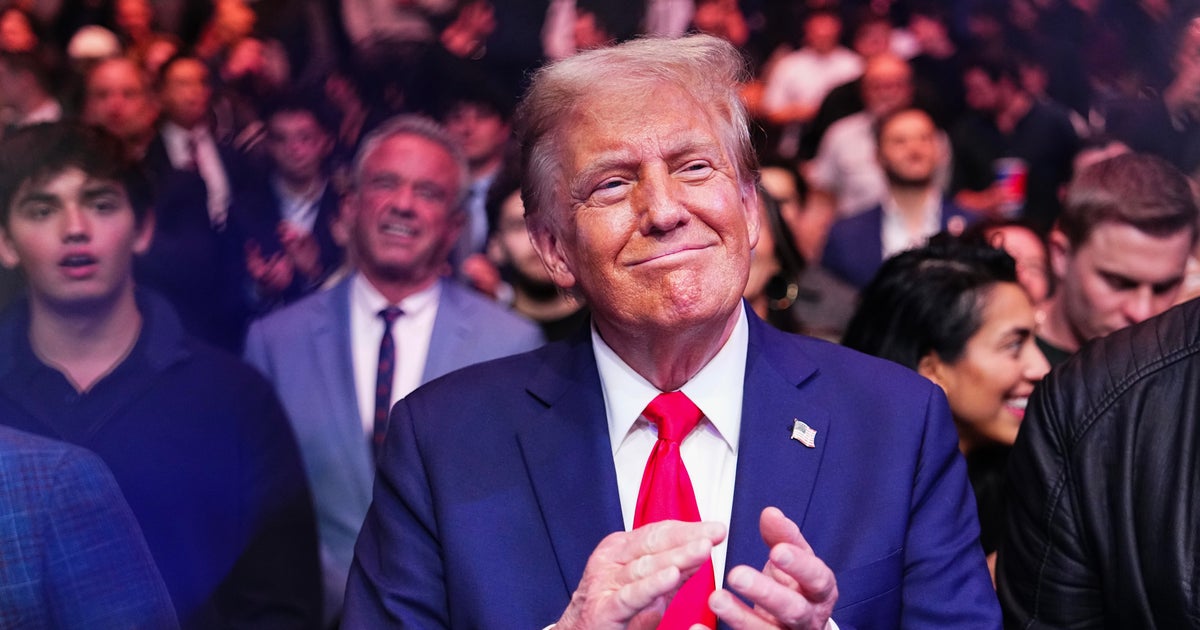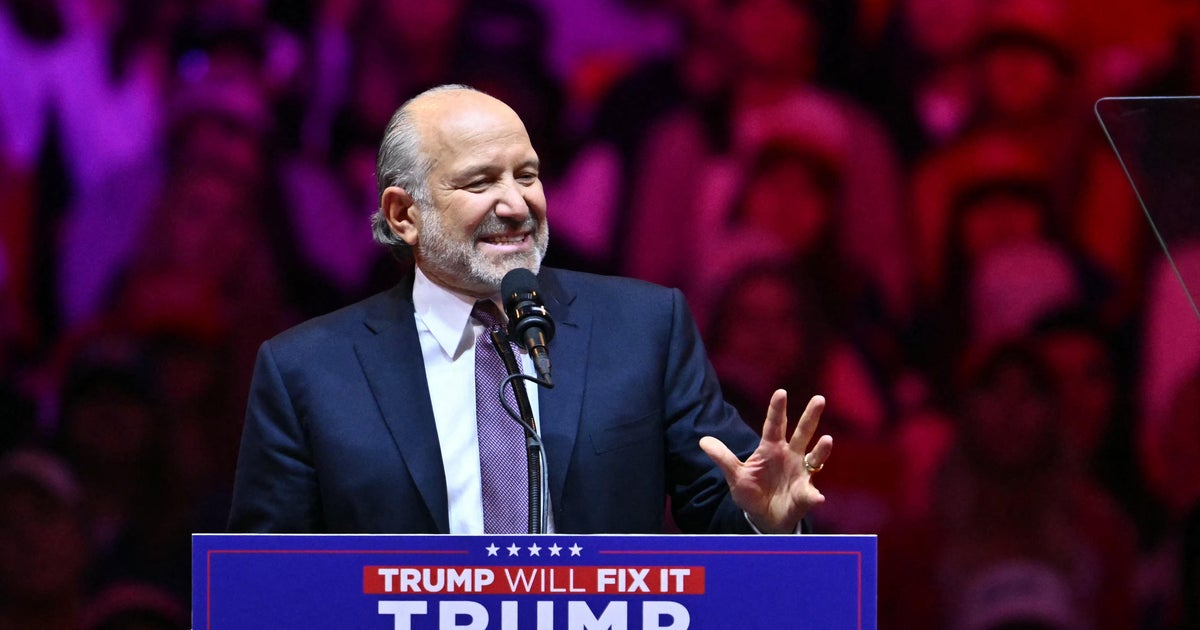Trump wants call logs, aide's notes hidden from January 6 panel
Former President Donald Trump is trying to block documents including call logs, drafts of remarks and speeches and handwritten notes from his chief of staff relating to the January 6 Capitol insurrection from being released to the committee investigating the riot, the National Archives revealed in a court filing early Saturday.
Mr. Trump has sued to prevent the National Archives from transmitting those documents, and thousands more, to the House committee investigating the attack. President Joe Biden declined to assert executive privilege on most of Mr. Trump's records after determining that doing so is "not in the best interests of the United States."
The Saturday filing, which came as part of the National Archives and Record Administration's opposition to Mr. Trump's lawsuit, details the effort the agency has undertaken to identify records from the Trump White House in response to a broad, 13-page request from the House committee for documents pertaining to the insurrection and Mr. Trump's efforts to undermine the legitimacy of the 2020 presidential election.
The document offers the first look at the sort of records that could soon be turned over to the committee for its investigation.
Billy Laster, the director of the National Archives' White House Liaison Division, wrote that among the particular documents Mr. Trump has sought to block are 30 pages of "daily presidential diaries, schedules, appointment information showing visitors to the White House, activity logs, call logs, and switchboard shift-change checklists showing calls to the President and Vice President, all specifically for or encompassing January 6, 2021; 13 pages of "drafts of speeches, remarks, and correspondence concerning the events of January 6, 2021; and "three handwritten notes concerning the events of January 6 from (former White House chief of staff Mark) Meadows' files."
Mr. Trump also tried to exert executive privilege over pages from former White House press secretary Kayleigh McEnany's binders of talking points and statements "principally relating to allegations of voter fraud, election security, and other topics concerning the 2020 election."
Other documents included a handwritten note from Meadows' files "listing potential or scheduled briefings and telephone calls concerning the January 6 certification and other election issues" and "a draft Executive Order on the topic of election integrity."
Laster's declaration notes that the National Archives' search began with paper documents because it took until August for digital records from the Trump White House to be transferred to the agency. The National Archives, he wrote, has identified "several hundred thousand potentially responsive records" of emails from the Trump White House out of about 100 million sent or received during his administration, and was working to determine whether they pertained to the House request.
Mr. Biden has so far waived executive privilege on nearly all the documents that the committee has asked for, though the committee agreed to "defer" its requests for several dozen pages of records at the behest of the Biden White House.
In explaining why Mr. Biden has not shielded Mr. Trump's records, White House counsel Dana Remus wrote that they could "shed light on events within the White House on and about January 6 and bear on the Select Committee's need to understand the facts underlying the most serious attack on the operations of the Federal Government since the Civil War."
On January 6, an armed mob of Trump supporters stormed the Capitol building in an attempt to stop the certification of Mr. Biden's election victory. Mr. Trump was impeached by the Democratic-led House on a charge he incited the riot but was acquitted by the Republican-led Senate.
Mr. Trump called the document requests a "vexatious, illegal fishing expedition" that was "untethered from any legitimate legislative purpose," in his lawsuit to block the National Archives from turning over the documents to the committee.
The suit also challenges the legality of the Presidential Records Act, arguing that allowing an incumbent president to waive executive privilege of a predecessor just months after he left office is inherently unconstitutional. Biden has said he would go through each request separately to determine whether that privilege should be waived.




